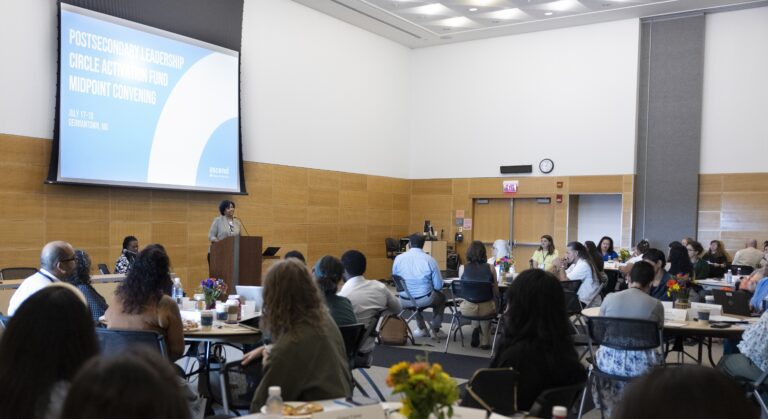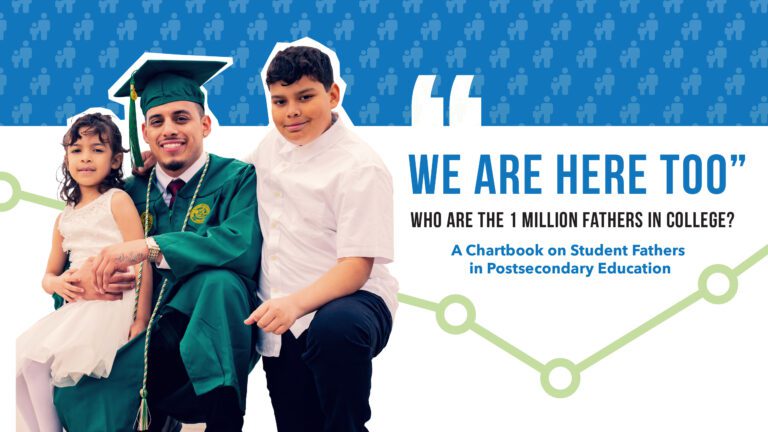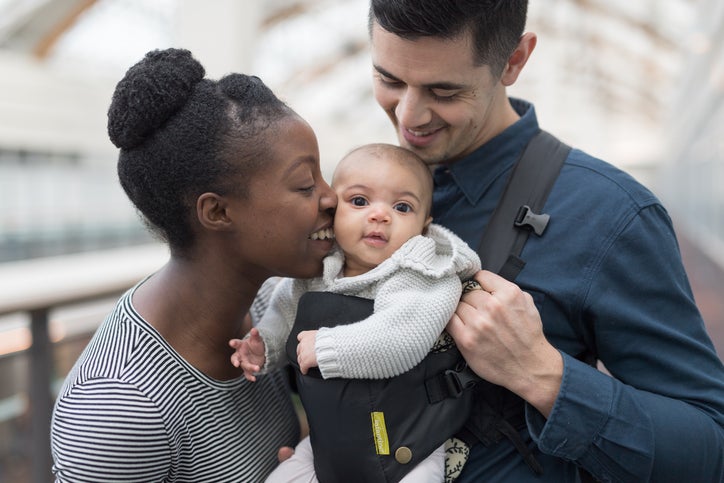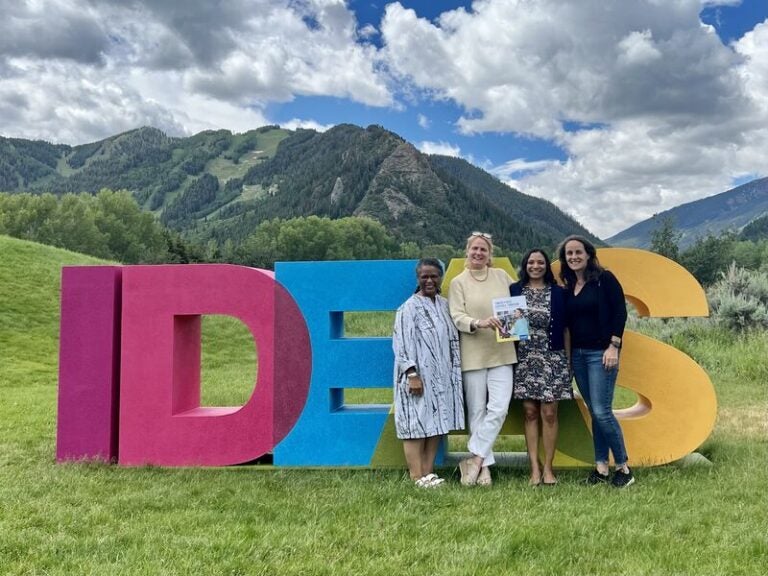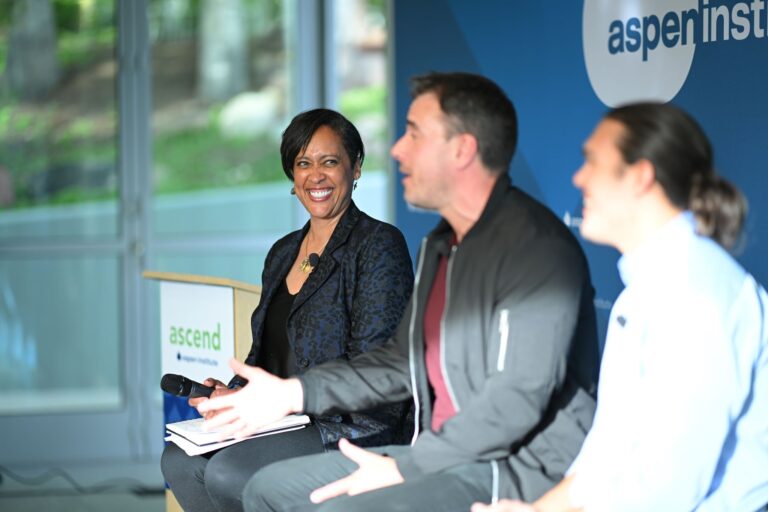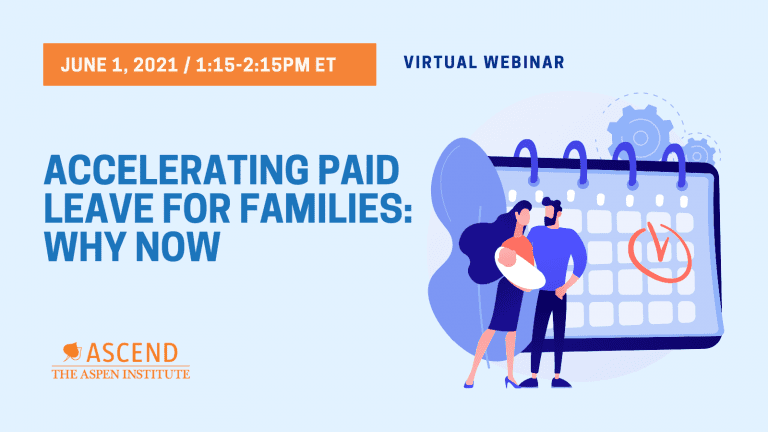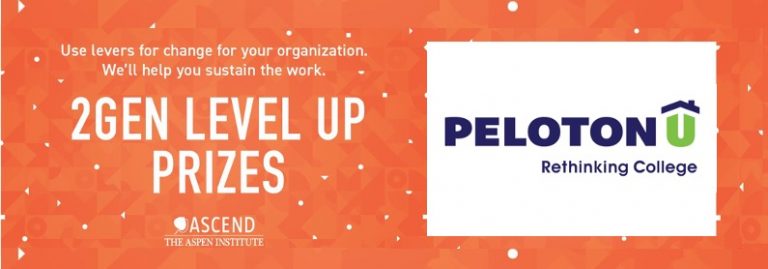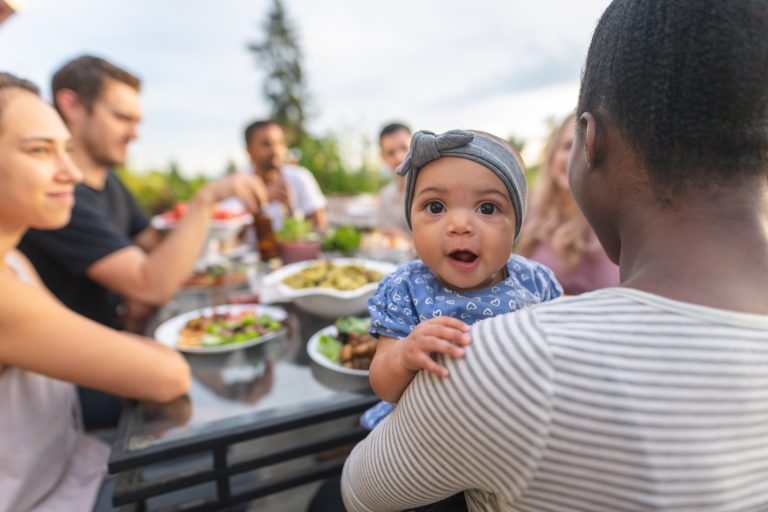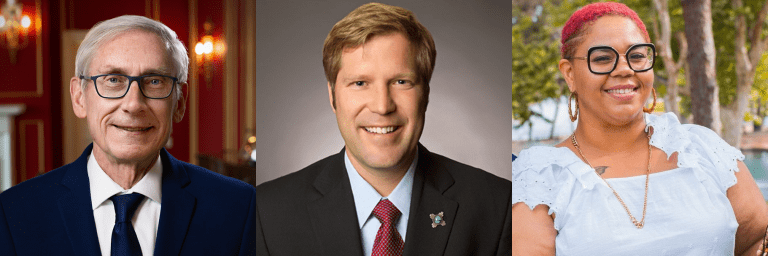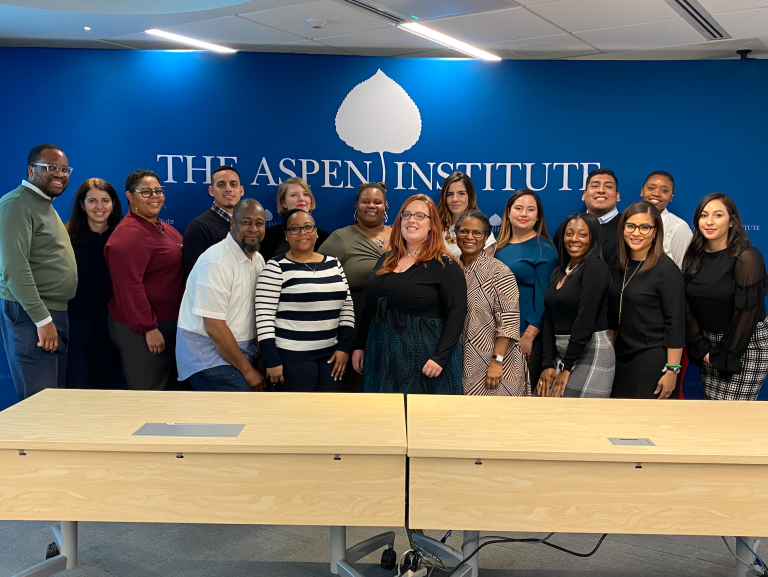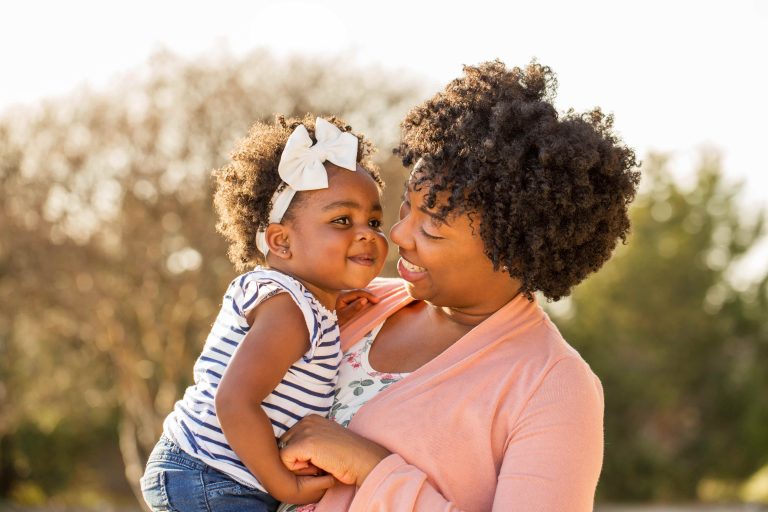Real solutions for closing the very real racial wealth gap
The racial wealth gap is well-documented and undisputedly real. The median white family has 41 times more wealth than the median African-American family and 22 times more wealth than the median Latino family. And things are getting worse, not better: The proportion of black families with zero or negative wealth rose by 8.5 percent to 37 percent between 1983 and 2016.
But, as our esteemed experts relayed this morning in our opening plenary, there are so many misunderstandings about the nature of it. First and foremost, Jennifer Richeson of the Social Perception & Communications Lab of Yale University reminds us, many Americans, particularly white, economically privileged Americans, vastly underestimate its effects (if they acknowledge that it exists at all). Richeson explains, “We are operating under a state of willful blindness about racial economic inequality in America.”
And then, as Kilolo Kijakazi of the Urban Institute, points out, many are confused about how it was created; structural racism, not bad financial choices on the part of individual people, is responsible for our contemporary gap.
She also adds: “It can be closed, but it requires policy change, not changing people’s behavior.”
So what are a couple of policy ideas that give us hope about reversing this immoral and persistent gap?
Baby bonds: a fixed income security issued in small-dollar denominations, typically conceived of as being paid at less than $1,000. Baby bonds have been gaining traction in a wide range of circles lately, including as part of Democratic presidential hopeful Cory Booker’s official platform. For some research background, check out the work of Sandy Darity and Darrick Hamilton.
Guaranteed minimum income: a system of social welfare that guarantees that all citizens or families have an income sufficient to live on. For the latest on the growing movement, check out Economic Security Project, and don’t miss reading about Ascend’s own Aisha Nyandoro’s Magnolia Mother’s Trust, which created the very first-ever guaranteed income pilot with single, black mothers in Jackson, Mississippi.
Lola Adedokun of the Doris Duke Charitable Foundation reminded us that the solutions are not going to come from the sources that created this gap in the first place. They’re more likely to come from those who have persisted in the face of them: “Redefining wealth requires that we recognize and build on the abundance that exists.”
That abundance, she points out, is the wealth that black people (and other people of color) have always had in ingenuity, relationships, and rich culture that sustains them despite the structural barriers.
Header image (left to right): Anne Mosle, Ascend at the Aspen Institute; Lola Adedokun, Doris Duke Charitable Foundation; Jennifer Richeson, Yale University; and Kilolo Kijakazi, Urban Institute discuss the racial wealth gap at the 2019 Aspen ThinkXChange in Aspen, Colorado.
Related Posts
